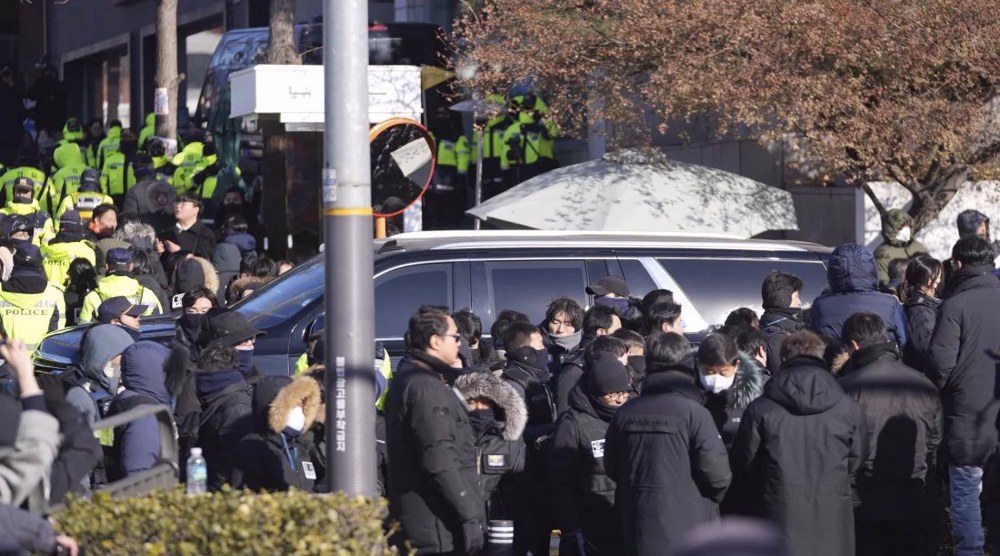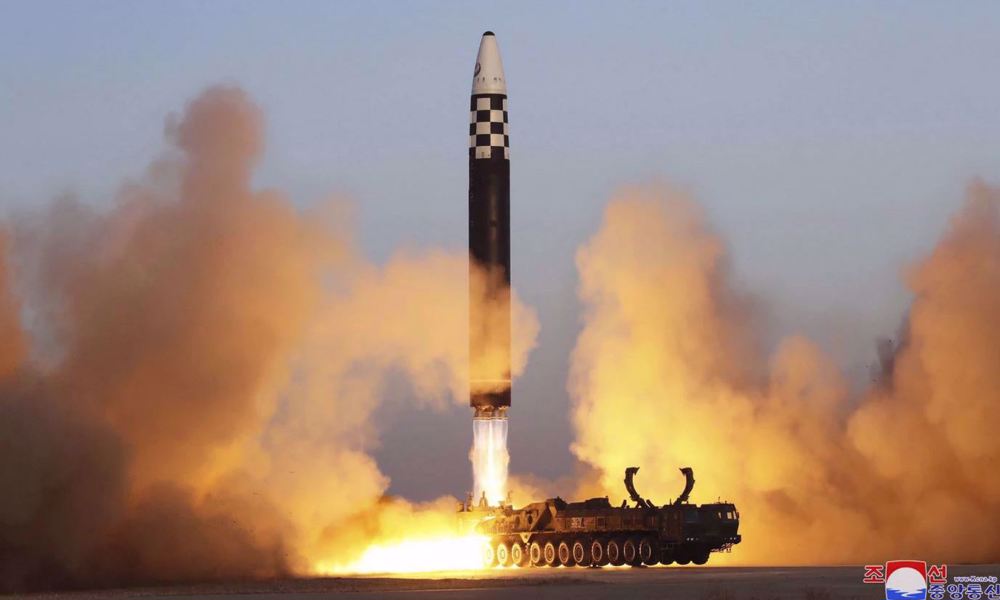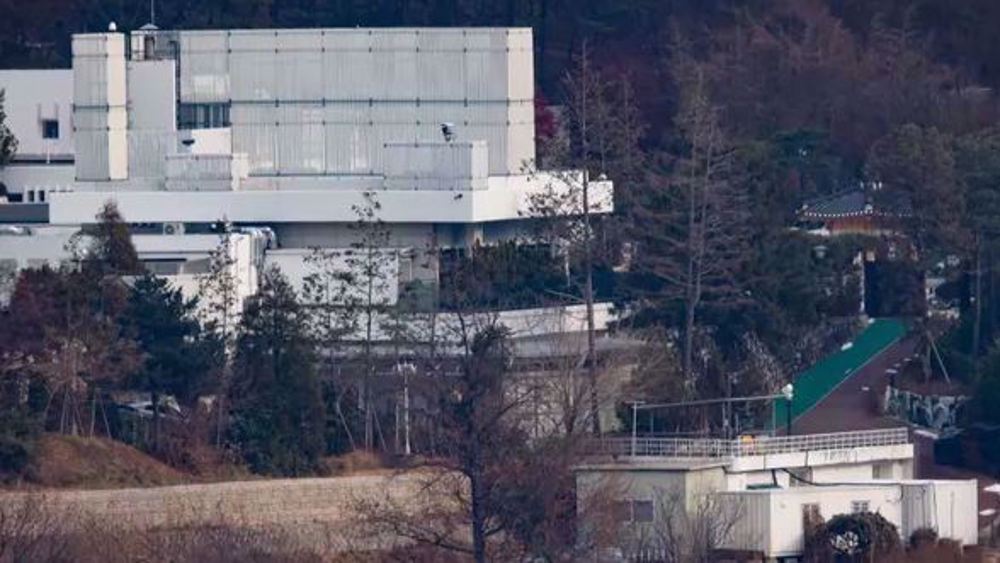South Korea’s top court permanently removes president Park from office
South Korea’s Constitutional Court has upheld a parliamentary impeachment vote against president Park Geun-hye, permanently removing her from office.
In a historic, unanimous ruling on Friday, the Constitutional Court’s eight-member panel upheld the parliament’s December 9, 2016 vote to impeach the president, describing her actions in a graft scandal as “a serious and unacceptable violation of the laws.”
Park’s actions “seriously impaired the spirit of representative democracy and the rule of law,” said Constitutional Court Chief Justice Lee Jung-mi. “President Park Geun-hye... has been dismissed.”
The court said Park leaked documents containing confidential state information to her friend, Choi Soon-sil, in breach of a rule on securing official secrets and violated the law by allowing Choi to meddle in state affairs.

The country’s first female president was accused of colluding with Choi and a former presidential aide — both of whom have been on trial — to extort money from big companies.
The court said Park had “concealed completely Choi’s meddling in state affairs and denied it whenever suspicions over the act emerged and even criticized those who raised the suspicions.”
She was also accused of making improper demands or receiving illicit requests from Samsung Group.
Park, who has apologized for the impact of the scandal, has nevertheless denied all allegations of wrongdoing.
She had been stripped of her executive powers since the parliamentary impeachment last December but had retained her title and presidential residence pending the Constitutional Court ruling.

As a result of the Friday ruling, Park also loses her executive immunity and can be prosecuted. She has become the first democratically-elected leader in South Korea to be forced from office.
‘Unstable situation at home’
Thousands of demonstrators, both the supporters and opponents of Park, had gathered outside the court on Friday. Moments after the verdict was announced, her supporters scuffled with police.
At least two people injured in the clashes have died of their injuries.
Meanwhile, the South Korean defense minister has ordered the military to be on alert for possible North Korean provocations in an attempt to exploit the “unstable situations at home and abroad.”
Defense Minister Han Min-koo said in a video conference with military commanders that Pyongyang could make “strategic or operational” provocations at any time.
The North’s official Korean Central News Agency (KCNA) published a short report on the court ruling in Seoul, saying that Park will now come under investigation as a “regular criminal.”
Japan and the United States both reacted to Park’s removal from office by describing it as an internal South Korean matter.
Japanese Foreign Minister Fumio Kishida said Tokyo had no immediate plan to send back its ambassador to South Korea, whom it had recalled to protest a controversial statue representing victims of wartime sex slavery.
Hamas thanks Iran, Resistance Front following achievement of ceasefire in Gaza
'Capitulation': Israeli officials and media concede Gaza defeat as truce unfolds
'Gaza has won': Social media users react to ceasefire with mix of relief, joy
Iran seeks South Korea’s assistance for AI, fiber-optic projects
VIDEO | Iran's 'Eqtedar' (Power) maneuver
Israel hits HTS military target in Syria for 1st time since fall of Assad
VIDEO | Press TV's news headlines
Israel has slaughtered 13,000 students in Gaza, West Bank














 This makes it easy to access the Press TV website
This makes it easy to access the Press TV website